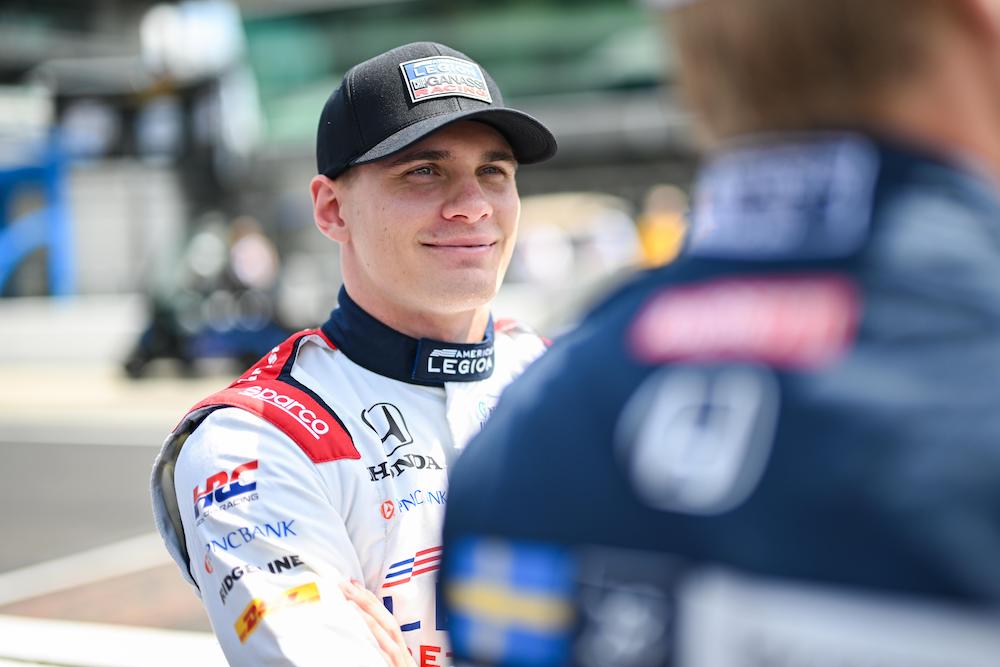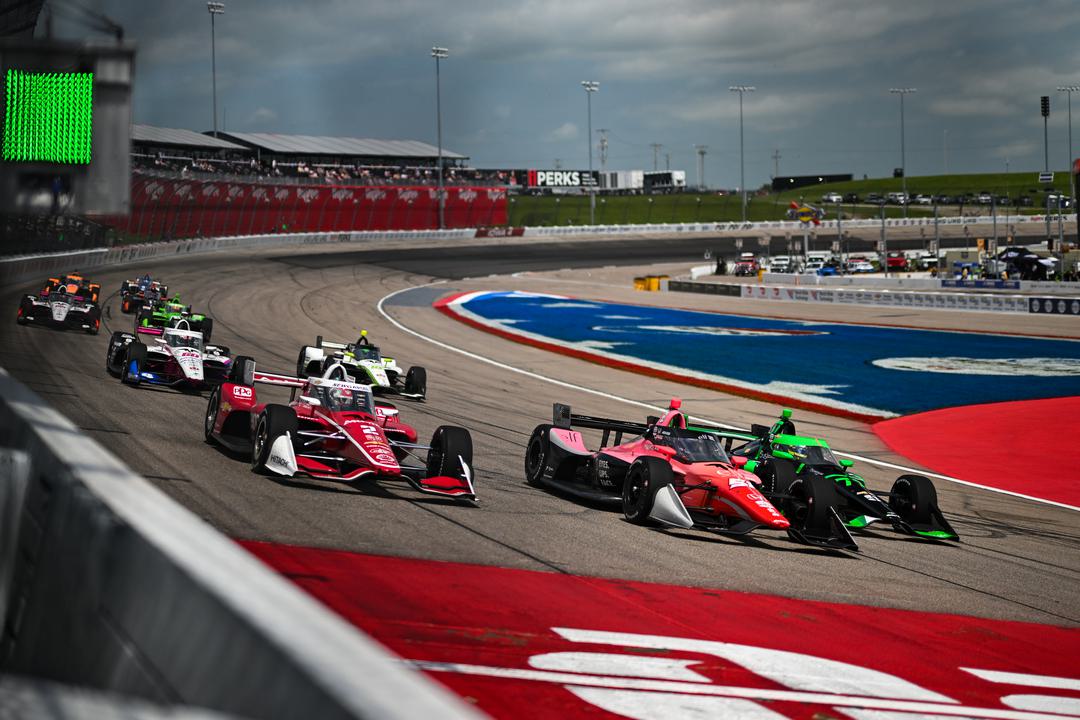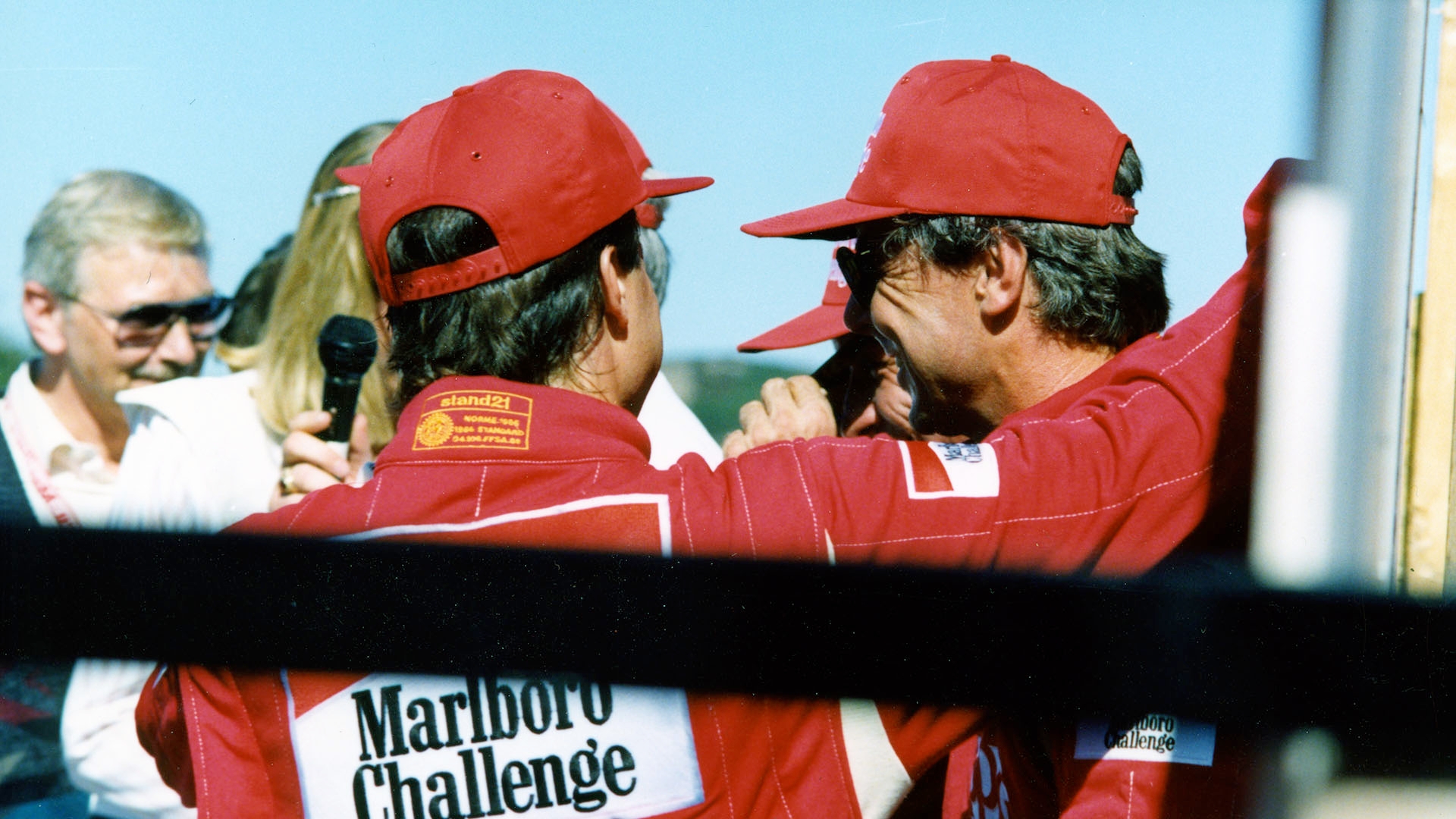IndyCar president Doug Boles says the series will stick with its longstanding championship format of awarding the title to the driver who amasses the most points across the entire season.
At least one of its promoters was keen on creating a NASCAR-style playoff system that took its inspiration from the Cup Series’ format where a regular-season champion is named before a reset takes place and one driver is crowned from a shrinking pool of contenders, but no changes are in the works for 2026 or beyond.
“We pay attention to what others are doing,” Boles told RACER. “The one thing I know is that we don’t have any interest in doing a playoffs-type situation like NASCAR has. That’s not something that’s on our bingo card.”
NASCAR’s playoffs are more than 20 years old, but some other series and sporting leagues have been adding newer twists to their seasons in the name of creating more interest at various points in the year. Formula 1 recently introduced Saturday sprint races at select events, the NBA and WNBA have deployed in-season tournaments that anoint their own champions and pay the winning players a healthy sum. In IndyCar’s not-too-distant past, it combined both concepts into a fun event that could be worth revisiting.
It was called the Marlboro Challenge, which ran from 1987-92 in the former CART IndyCar Series where the tobacco company – at a time where cigarette-brand sponsorship was allowed by the government – established a significant prize fund and the series fashioned an all-star race comprised of the season’s pole and race winners in a field capped at 10 drivers.
Saved as a year-end feature on the Saturday of the final race, the Marlboro Challenge was held on a street course, road course, and oval as it changed venues. Bobby Rahal was the inaugural winner who took home $225,000 in 1987 dollars, the equivalent of $627,000 in 2025. The final running of the event in 1992 was won by Emerson Fittipaldi whose $1 million prize would be worth $2.2 million today.
The idea of developing a modern version with IndyCar’s best racing at maximum attack in a sprint event, with no points to consider or fuel to save, and big money on the line in a all-star-esque event isn’t something that would move in front of trying to make the existing races bigger and better, but Boles isn’t opposed to the challenge concept.
“We haven’t really talked about that yet but I think we’d certainly be open to some sort of challenge,” he said. “The biggest question is how do you fund it? How do you make it make sense for the teams financially to participate in it? And then working with your TV partner, where does that fit from a TV standpoint? If we went that route, it wouldn’t be limited to the 10 (drivers) like the invitational format had. I think that would be a full spectrum of all the competitors that participate.”



